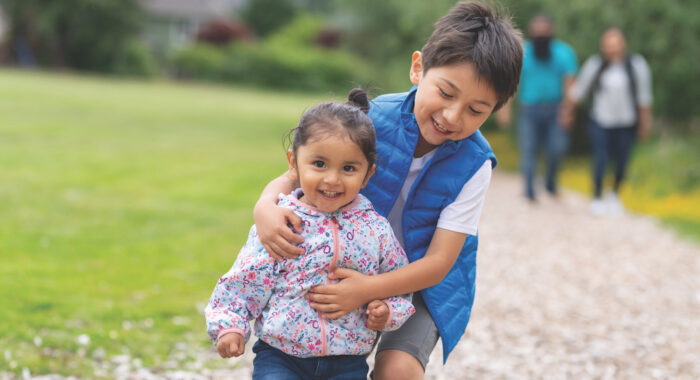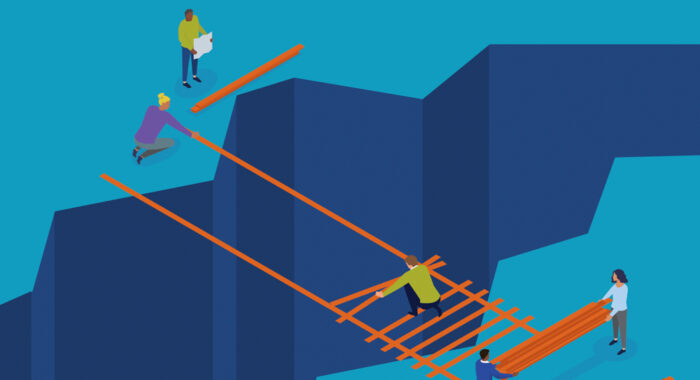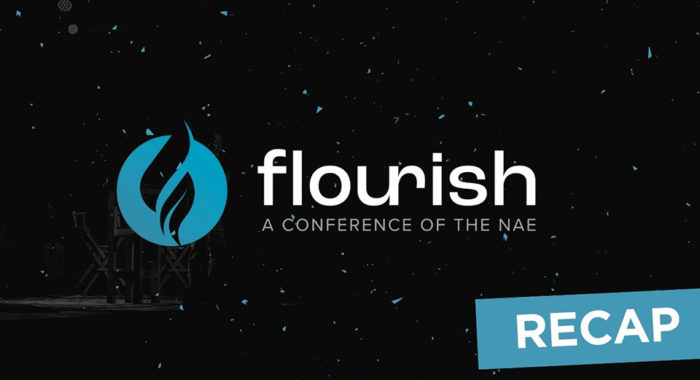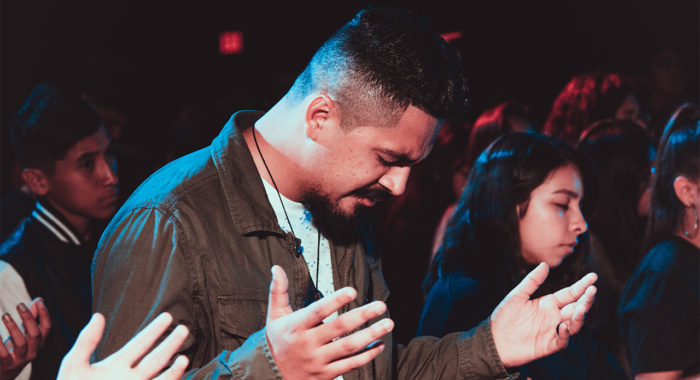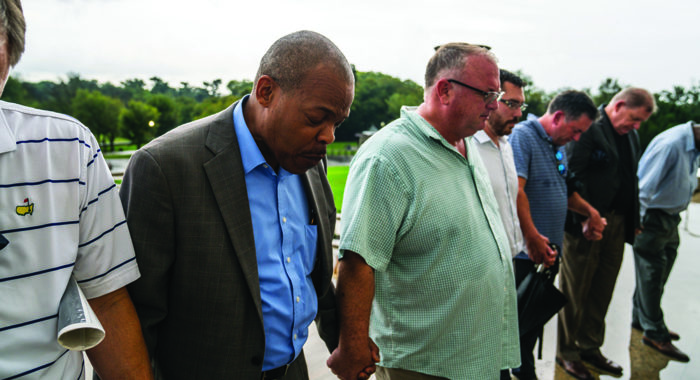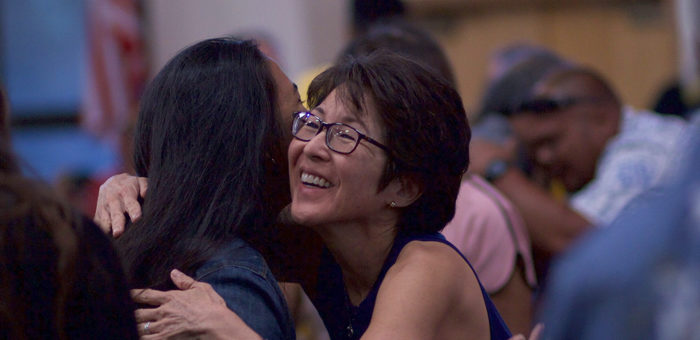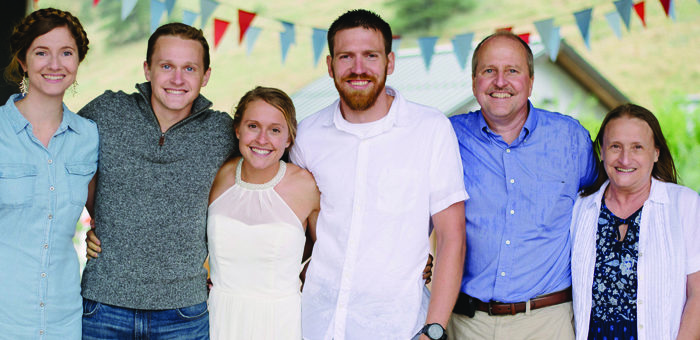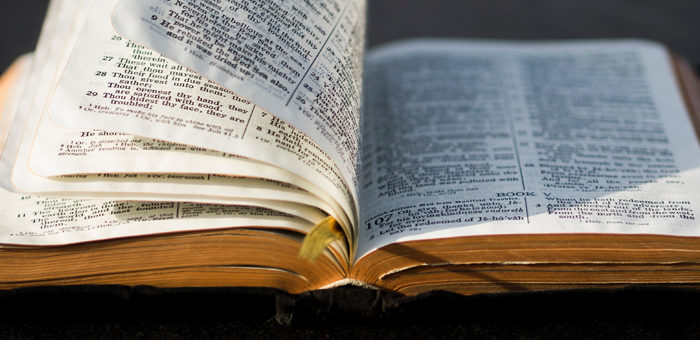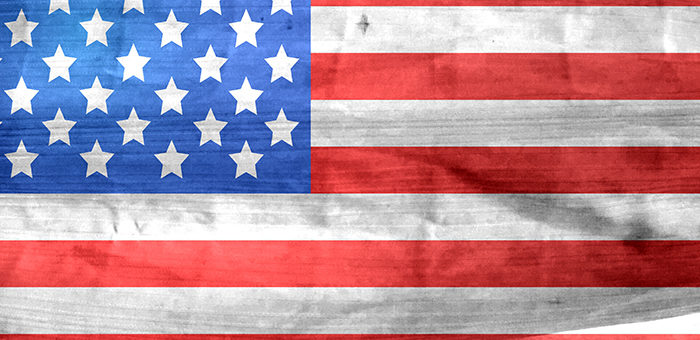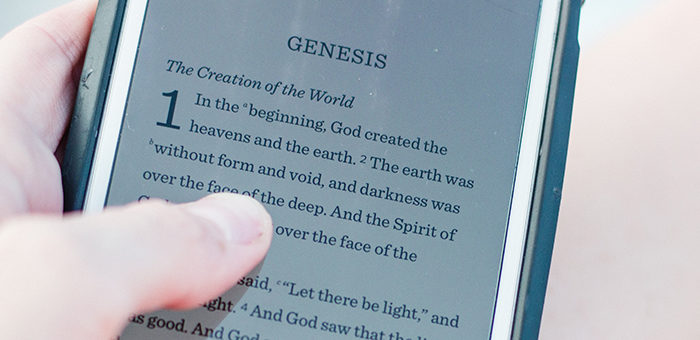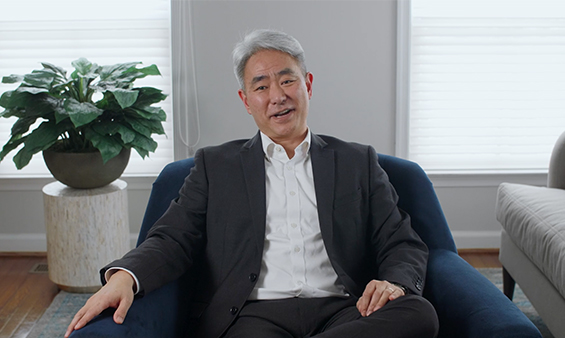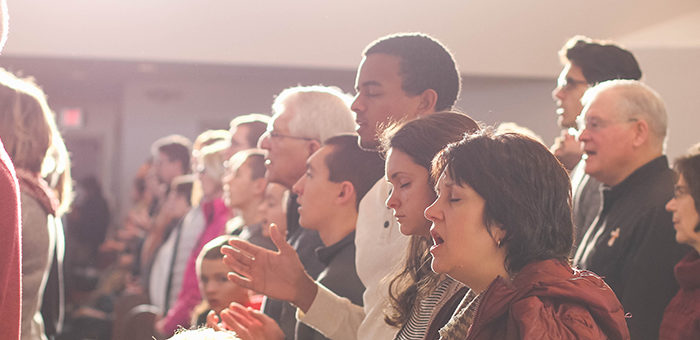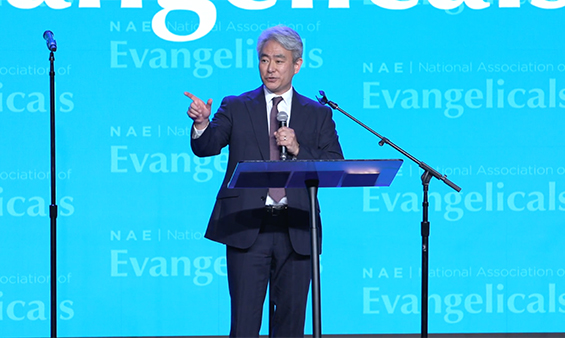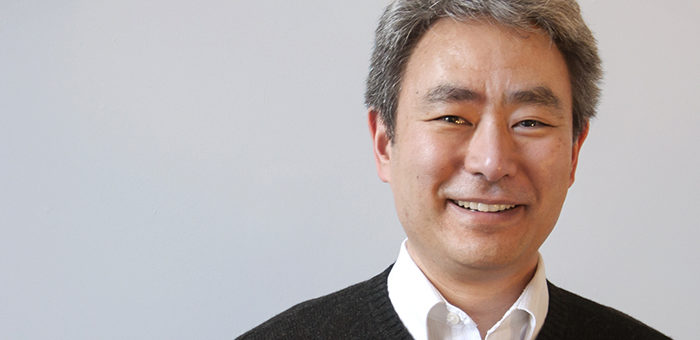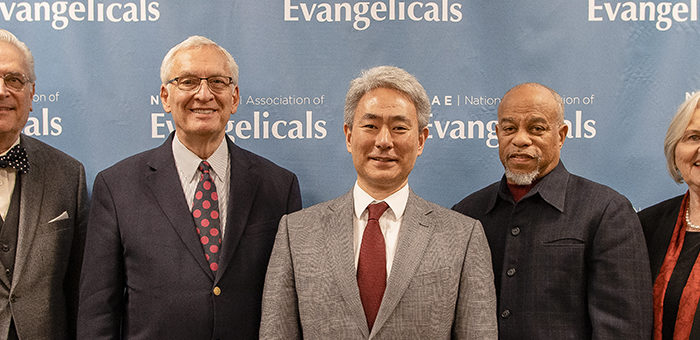As a kid growing up in an Assemblies of God pastor’s home in the 1940s and 50s, I was keenly aware of the differences between Pentecostals and other Christians. I hesitated to mention the name of my church for fear that the other kids would make fun of me as a “Holy Roller.” And for the record, in nearly eight decades of living, I’ve never actually seen any Pentecostals roll.
That feeling of being different pervaded Pentecostalism in the first few decades of its existence. These were the heady decades of the Fundamentalist-Modernist controversy in American Protestantism. The Assemblies of God — along with other Pentecostal denominations — clearly mustered in the ranks of conservative doctrine. Indeed, in 1928, Pentecostal Evangel editor Stanley Frodsham declared, “We are all Fundamentalists to a man.”
And yet, the Fundamentalists didn’t want us. Fundamentalist leader Carl McIntire described Pentecostalism as “a work of darkness whose disorder is known to all.” As far as he was concerned, our theology was “a subtle, disruptive, pernicious thing.”
That feeling was widespread among conservative Protestants, even those far less truculent than McIntire. For example, Walter Martin was a personal friend who for many years taught a Sunday school class at the church I pastored in southern California. At one time in his ministry, he was assistant to Donald Grey Barnhouse, longtime pastor of Tenth Presbyterian Church in Philadelphia, Pennsylvania. As Martin was researching what became “The Kingdom of the Cults,” Barnhouse advised him to write a chapter on the Pentecostals. But after looking into the matter, Martin informed Barnhouse that with the exception of our distinctive understanding of Spirit baptism and tongues, Pentecostals believed what they did.
Gratitude
The Fundamentalists rejected Pentecostals because they valued separation over fine points of doctrine. The National Association of Evangelicals valued cooperation based on broad agreement with basic orthodoxy. The Assemblies of God and other Pentecostals have benefited over the years because membership in the NAE helped move us from the margin to the mainstream.
Billy Graham often quoted Edwin Markham’s poem “Outwitted,” which to me has always symbolized the inclusive nature of evangelicalism:
He drew a circle that shut me out–
Heretic, rebel, a thing to flout.
But Love and I had the wit to win:
We drew a circle that took him in!
As Pentecostals look back on the first 75 years of the National Association of Evangelicals, we do so with gratitude, because forward-thinking leaders followed the way of love and drew us in.
Hope
And yet, while we should take a moment to be grateful for our shared past, we’ve still got work to do. These days, many evangelicals are gripped by fear. That’s understandable in many ways. American culture has changed rapidly, radically and religiously within our lifetimes.
We need to remember, however, that Christians are people of hope, not fear. This is inscribed in the very etymology of the names we use to describe ourselves. “Evangelical” derives from the Greek word euangelion, “good news,” the announcement of a notable victory. “Pentecost,” also Greek, names the Jewish festival celebrating the harvest. It was a joyful holy day because it meant there was food for the coming year. Victory and provision. Christ has won and through his Spirit, Christ will provide.
Better Together
Let me share some Assemblies of God statistics with you. By 1942, the year the NAE was founded, there were 218,127 members of the Assemblies of God in the United States and 103,433 abroad. Today, measuring adherents rather than members, there are 3.2 million and 69.2 million respectively. In 1942, U.S. membership was overwhelmingly white. Today, adherence is 56.2 percentage white and 43.8 percentage ethnic minority. If trends hold, the Assemblies of God will be a minority-majority fellowship before America is a minority-majority nation.
Go a bit further back in history. According to the World Christian Database, in 1900 there were just under 1 million Christians worldwide who could be loosely classified as Pentecostal or Charismatic. Today, according to the World Christian Database, the total worldwide Pentecostal and Charismatic population is 338 million, 13.5 percent of all Christians. And the majority of that population lives in the fastest growing segments of the world — the Global South.
I don’t tell you this to brag about Pentecostals generally or the Assemblies of God specifically. I do it to express gratitude that 75 years ago, the founders of the National Association of Evangelicals resisted the Fundamentalist temptation to marginalize or oppose us. Instead, the NAE embraced the gospel imperative to recognize the unity of our shared evangelical doctrine and mission. In doing so, they planted seeds of inclusiveness and diversity that are even now bearing fruit in the United States and, through missions, around the world. If our history teaches us anything, it is this: We need each other, and we are better together.
More than that, we need the Holy Spirit. As Harold John Ockenga, one of the founders of the NAE, wrote in “Our Evangelical Faith” (1946):
Today the greatest opportunity of all time opens for Christians “filled with” and “anointed by” and “empowered by” the Holy Spirit. Oh that God could put his hand on [those] to whom he could entrust the blessing of the Holy Spirit in his fullness…. We are to seek God’s best, the fullness of his Holy Spirit and the manifestation of his presence and ministry in our lives.
May that be our prayer too! And should the Lord tarry, may he continue to bless the National Association of Evangelicals in its next 75 years of ministry.
This article originally appeared in Evangelicals magazine.
George O. Wood was the general superintendent of the Assemblies of God USA for 10 years. He continued to serve as chairman of the World Assemblies of God Fellowship after his retirement. He’s held many different roles, including a college director of student life, a pastor, and author of several books, and he served as general secretary of the Assemblies of God for 14 years before becoming general superintendent. Wood received a doctoral degree in pastoral theology from Fuller Theological Seminary and a juris doctorate from Western State University College of Law in Fullerton, California.




 View All Articles
View All Articles 


